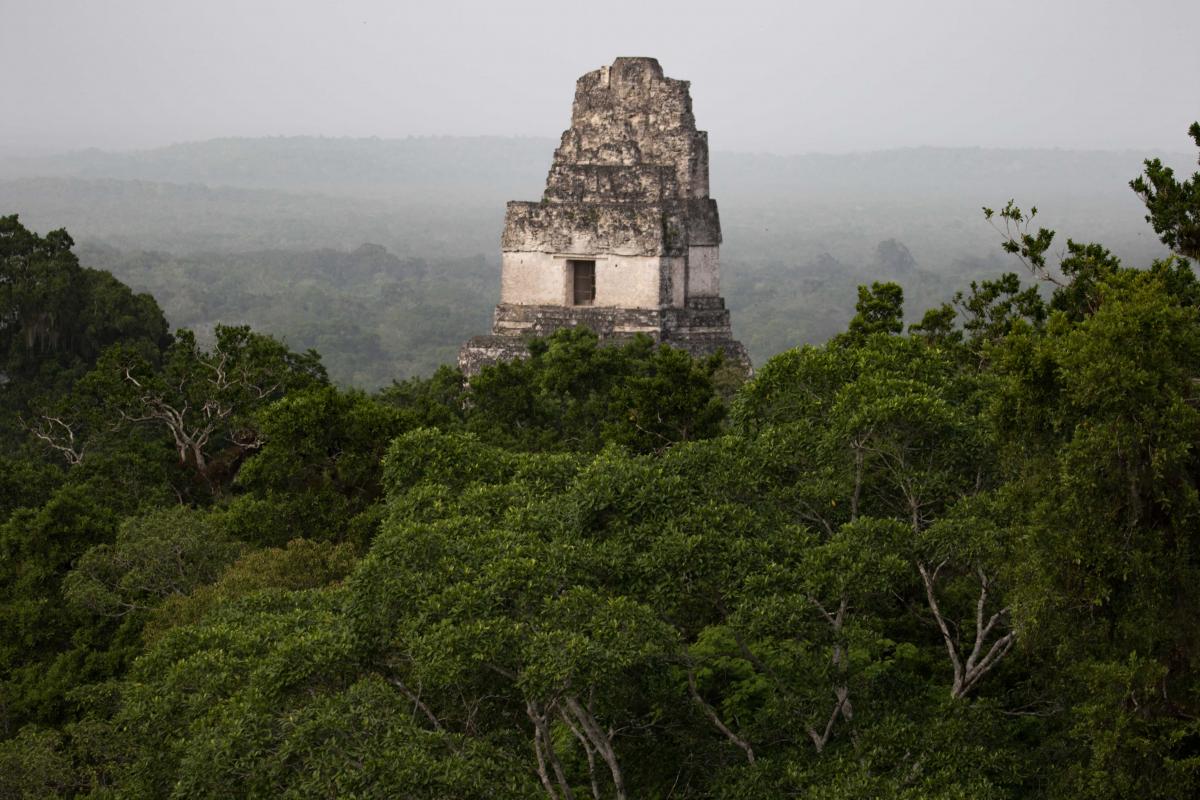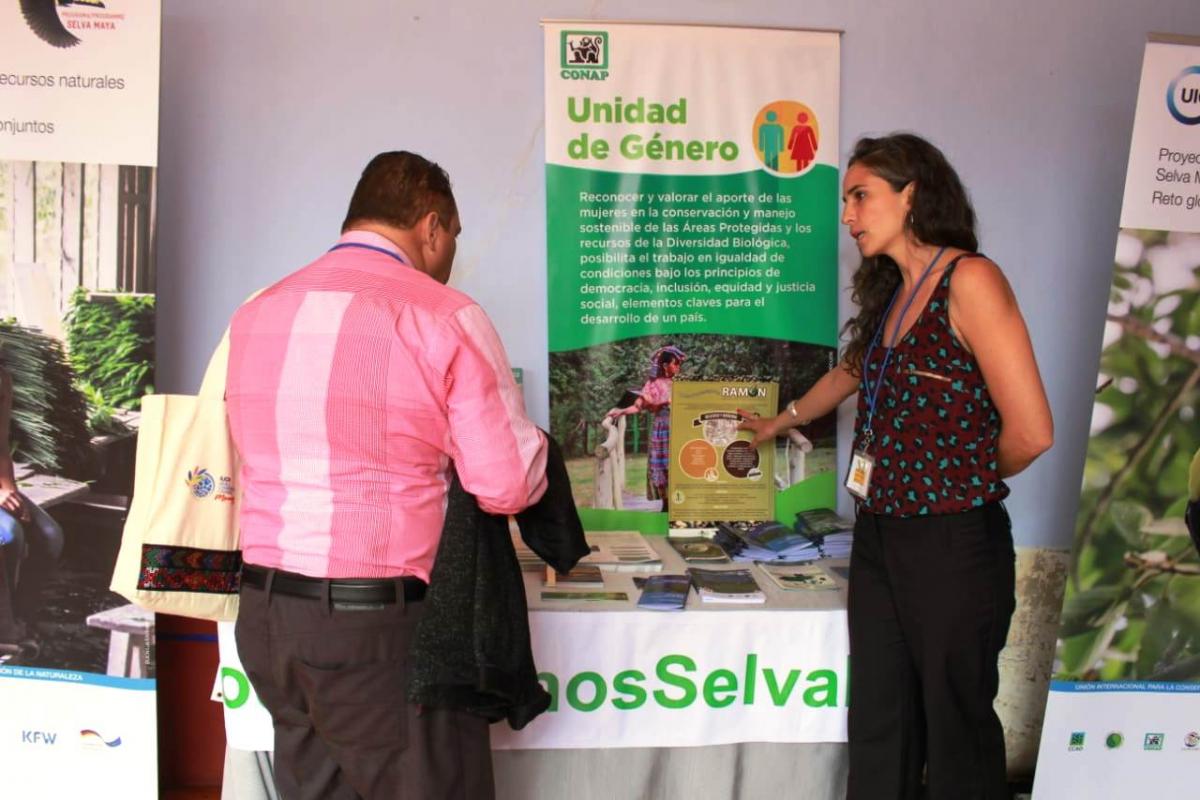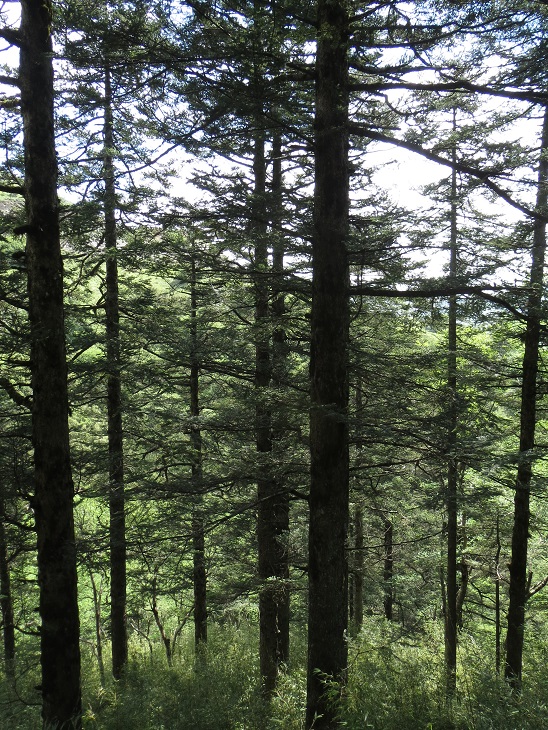New platform of native North African trees and shrubs to halt biodiversity loss and desertification
In the framework of the third Mediterranean Plant Conservation Week held in Crete, a new web platform dedicated to North African Native Trees and Shrubs was presented by Centro de Investigaciones Ambientales del Mediterráneo in collaboration with IUCN-Med.
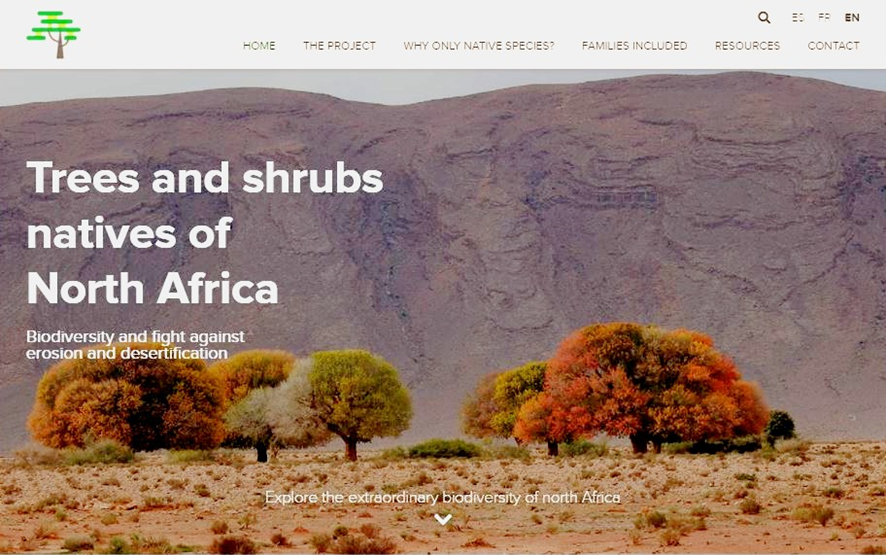
Photo: Northafricatrees.com
Access the web platform at:
https://www.northafricatrees.org/en/
The new platform covers all native species of trees, shrubs and woody climbing plants in North Africa, which are present in the zones that run from the Atlantic to the Red Sea and from the Mediterranean to the Sahel, an area that comprises all or a large part of the surface in 10 different countries. Some 880 species, from 290 genera and 76 families, have been described and their taxonomic information has been updated.
Detailed descriptions allowing the identification of all plant species are accompanied with photographs and interactive maps of their distribution. The number of species may vary slightly depending on taxonomic updates or new discoveries.
This open-access platform is mainly aimed at scientists, technical experts, teachers, students and, in general, all nature lovers interested in exploring the magnificent forest and botanical biodiversity of this region that holds particular high levels of biological diversity.
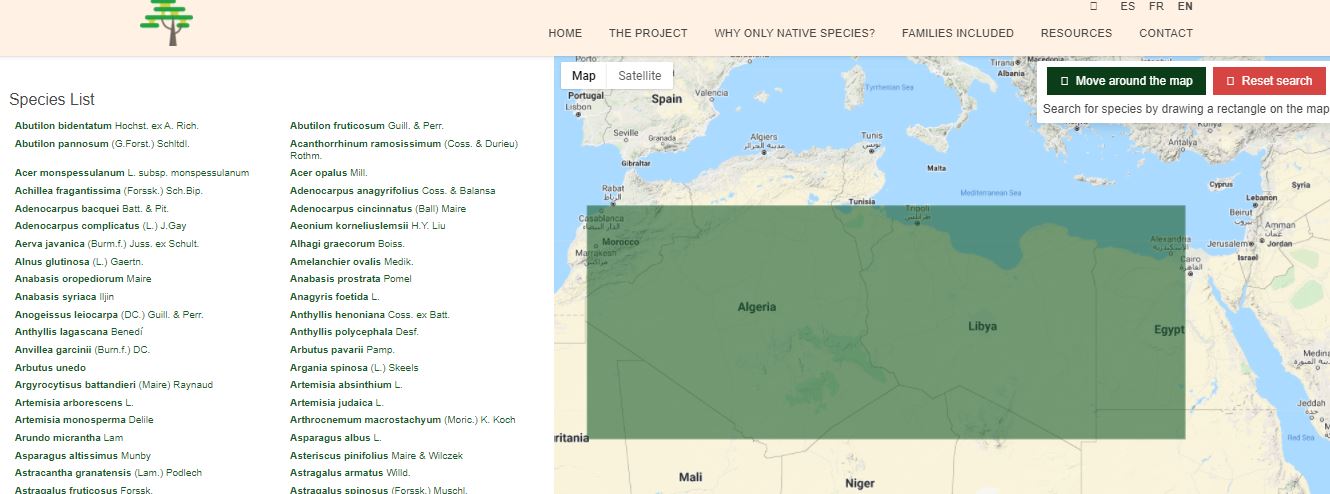 Photo: Northafricatrees.com
Photo: Northafricatrees.com
Native species
Special attention has been paid to native trees and shrubs, since in countries with a Mediterranean and Saharan climate, these species are one of the main tools to halt biodiversity loss and fighting erosion and desertification.
“This work aims to revalue native species and contribute to curbing the expansion of invasive species in natural habitats. Therefore, the real challenge is not to plant more trees, but to conserve and allow natural vegetation to recover. If plans for environmental restoration include planting trees, these should always be native ” explains Jesús Charco, project coordinator.
This compilation is the result of the collaboration of a network of more than 40 experts from different countries, under the coordination of Dr. Jesús Charco, director of Centro de Investigaciones Ambientales del Mediterráneo and supported by the IUCN Center for Mediterranean Cooperation.
The platform intends to be a meeting point to exchange information, plan and develop projects, open collaborations with other related platforms and, ultimately, be useful for all those people and projects in North Africa.
For further details, please contact Mercedes Muñoz Cañas
